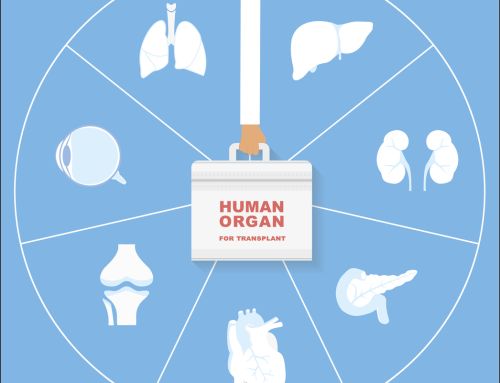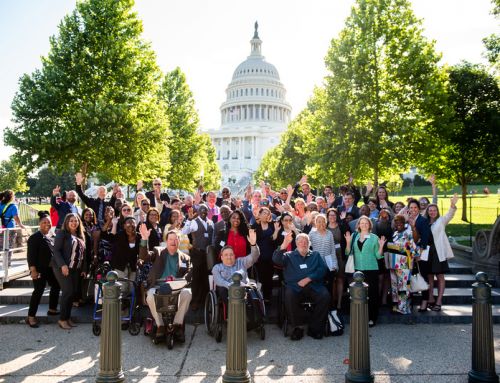Bipartisan, bicameral legislation mandating a new Medicare demonstration of integrated care for ESRD patients will help spread best practices for treating this population, says beneficiary advocacy group Dialysis Patient Citizens (DPC).
“As an in-center hemodialysis patient of 41 years, I am well aware of the multiple health issues that a large percentage of my fellow patients have to cope with on a daily basis. Coordinating their care among health providers would lead to better outcomes for patients and reward providers for optimal care with fewer dollars spent overall,” said Jack Reynolds, DPC’s president and a dialysis patient from Carlisle, Iowa.
A Senate version of the Dialysis PATIENT Act (Patient Access To Integrated care, Empowerment, Nephrologists, and Treatment), S. 3090, was introduced Friday by Senators Heller (R-NV) and Nelson (D-FL). It follows introduction of the House version (H.R. 5506) the previous week by Reps. Young (R-IN), Blumenauer (D-OR), McMorris Rodgers (R-WA) and Cardenas (D-CA). The Dialysis PATIENT Act would permit dialysis organizations to accept capitated payments to cover all of an ESRD patient’s Medicare expenditures in return for coordinating care for their renal disease and other comorbidities.
“Going back to Medicare’s ESRD Disease Management Demonstration and continuing with Special Needs Plans, dialysis providers have shown success in reducing complications and hospitalizations when they accept accountability for outcomes and the total cost of care,” said Hrant Jamgochian, DPC CEO. “But these proven techniques are available only to a relative handful of ESRD patients. The Dialysis PATIENT Act will permit more Medicare beneficiaries with ESRD to benefit from care coordination, while retaining their freedom of choice to see any provider and a right to opt out if they do not want to participate.”
To Learn More about the ESCO program and Integrated Care, Click here.

























